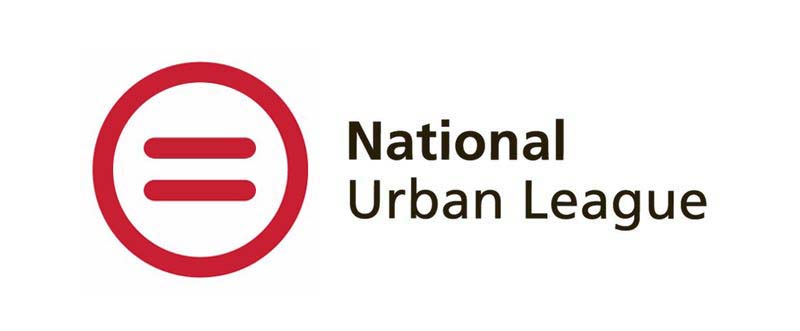Landing a job and excelling in your career takes more than a stellar resume and a track record of solid performance. It’s also about how people see you, AKA your personal brand. What are you known for or what do you have in-depth knowledge about? Are you the “go-to” on a particular subject? Having a solid personal brand can do wonders for your career, but you have to build it with intention and over time. Here’s how to create a personal brand.
What Is a Personal Brand?
Your personal brand is your professional image, specifically how you want others to see you based on your experiences, credentials, and subject matter expertise.
Milan Singh, a California-based entrepreneur, investor, and finance content creator, defines a personal brand as “how you present yourself to the world.”
Building Your Personal Brand
Get started on your personal brand. Discover how to build, maintain, and manage your personal brand in this free course from Ashurst UK.
Avg. Time: 4.5-6 hours
Skills you’ll build: Personal brand, image, reputation, online presence, brand management
“It’s who you are, what you do, and how people perceive that,” he says. “You can think of it as a billboard for your online presence: it’s out there for everyone to see, and it’s meant to represent your character in some way.”
Keep in mind that your personal brand isn’t the same as your reputation, though they can be related. Your reputation is what other people think about you, say, being late or always catching errors. It’s someone’s opinion of you based on your actions. Your personal brand is how you want people to see you. It’s based on your credibility and the values you represent.
Why Is a Personal Brand Important?
While you may think personal branding only matters for influencers or celebrity CEOs, having a strong personal brand can make a difference in every career.
“A strong personal brand can help you attract better opportunities,” Catherine Castro, senior HR and recruitment manager at 20four7VA, says. It can help set you apart from the competition and give you an edge in a competitive job market. “If employers or other professionals know who you are and what you’re all about, they’re more likely to seek you out for projects or positions that fit your strengths.”
Building and growing your personal brand can also benefit your networking efforts. When other professionals learn about you and your work, they may want to contact you, which can lead to more referrals, connections, and opportunities.
How to Build a Personal Brand
Establishing a personal brand takes time. You’ll need patience as you work on developing skills and showcasing your abilities. Here’s what the brand-building process looks like.
1. Find Your Niche
When you’re developing a personal brand, you are the product, and every product needs a niche. To find your niche, think about what you’ll offer, who you’ll help, and what your passions are.
Say you want to establish yourself as a marketing expert. That’s a very broad term and covers so much ground that you may have difficulty creating a personal brand around it. Try narrowing your brand to something more specific. For example, if you want to work in direct-to-consumer marketing, you could focus your personal branding efforts on being the go-to expert on fashion brands that advocate for diversity, making fashion more accessible and inclusive.
2. Develop Expertise
Once you’ve identified your niche you want to ensure you’re good at it. Start building your knowledge and skills through training, internships, job simulations, learning from established experts, and attending industry conferences.
Remember that building expertise is a career-long process. Naturally, the longer you work in your industry, the more knowledge you gain, but you also need to stay aware of new trends and developments to be a true expert.
Managing Self Doubt and Imposter Syndrome
Build your confidence in this free course from Ashurst UK. Discover why you may feel self-doubt and learn how to overcome it.
Avg. Time: 3-5 hours
Skills you’ll build: Identify signs of imposter syndrome, self-awareness, growth mindset
3. Create an Online Presence
In addition to building your personal brand, you need to let others know about it. And these days, the most effective way to do that is online.
Start with a website or online portfolio with information about you and your work. But creating a website probably won’t be enough to get your name out there. You’ll also have to harness the power of social media.
“One of the best ways to build a personal brand is by creating content that educates, entertains, or both,” says Castro. “If you can provide valuable information or insights that help your audience solve a problem or improve their lives, they’ll be more likely to remember you and seek you out in the future.”
Leveraging LinkedIn by posting and commenting as well as writing articles is a great place to start. From there, you can consider using TikTok, Instagram, or any other platform that works for you. But it’s critical that your online persona is authentic and matches who you are. This authenticity allows you to share expertise, advocate for things you’re passionate about, and create a unique brand. After all, no one is you but you!
4. Build a Community
This is where personal branding connects with networking.
A community is a space where people can interact share experiences, and provide support. As part of your personal branding, you can build your community by sharing posts you find insightful, creating content that’s valuable, and engaging with your audience authentically.
The Bottom Line
Building a personal brand can give you an edge in a competitive job market and help you become a sought-after professional in your industry.
But creating a positive personal brand doesn’t happen overnight. It requires consistent work providing value to your community, and showcasing your achievements.
“Rome wasn’t built in a day, and neither is a successful personal brand,” Castro says. “Be patient, stay focused on your goals, and keep putting in the work, and you’ll eventually see results.”
Upskill With Forage
Image credit: Rawpixel / Depositphotos.com







